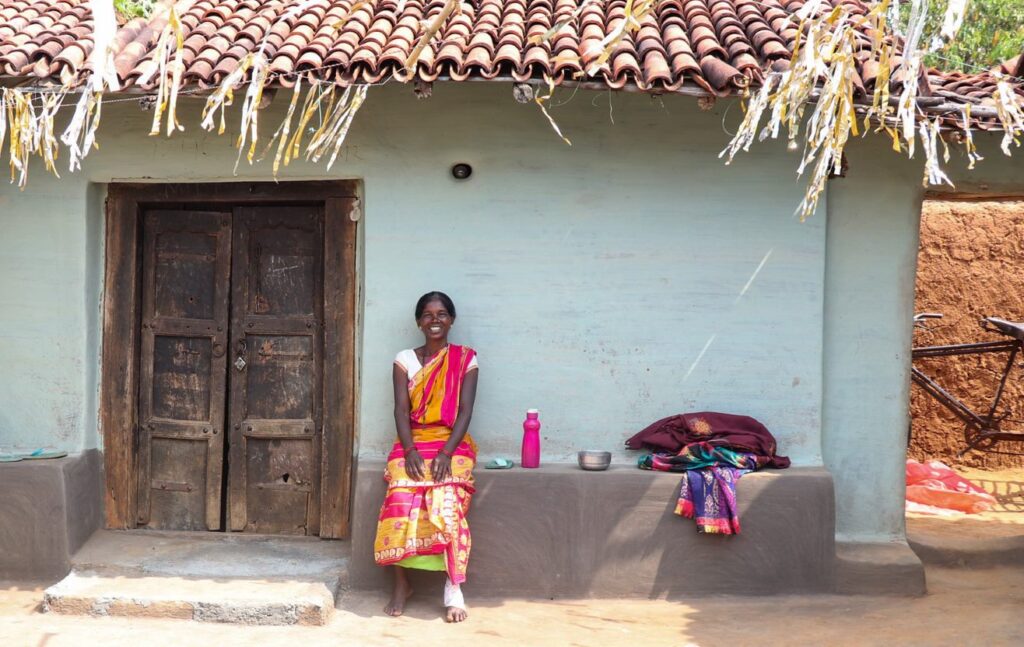LIVE UPDATES:
X no. of patients in remote villages were helped with cataract surgeries from Jan to Mar 2022 by Operation Blessing India.
Operation Blessing – Gurugram, India
Operation Blessing (OB) India is seeking an experienced Senior Program Manager to provide strong leadership of the assigned WASH project(s), working to ensure both short / long-term positive impacts and outcomes for the beneficiaries and local authorities. This professional will develop and implement an appropriate and effective WASH strategy, setting clear objectives and indicators, for WASH activities, and where appropriate, with the local communities. He or she will continuously monitor and supervise WASH activities, overseeing the technical design, execution and evaluation of progress through outputs and impacts using both quantitative and qualitative data.
The successful candidate will have the following qualifications
If you’re interested to apply for this role with Operation Blessing India, please fill the form and we will get back to you.
Operation Blessing India and our partners are dedicated to empowering people to live with dignity and to alleviate human need and suffering in India.
For 22 years, your love has shown through Operation Blessing India as together we’ve provided hunger relief, medical care, clean water and disaster relief to thousands in India.
Through compassionate, efficient, and locally-focused programs we are able to target the specific needs of those we serve and provide a gateway for our partners to truly transform lives.
Be the first to know about new life-changing programs, urgent needs, and more! Sign up to receive important updates right to your inbox.
Copyright © 2025 by Operation Blessing
